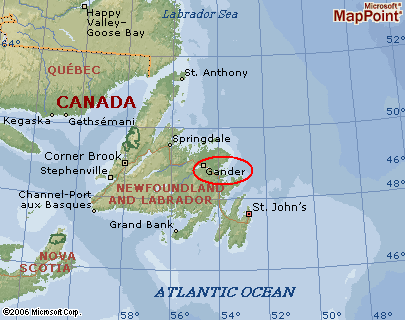In these eventful times and at this critical juncture in our collective experience of being, it might be an opportune moment to pause and take stock of the roots of our hopes and convictions. In doing so, it would be necessary to distinguish between the meaning and implications of truth and of ideology.
Ideologies tend to be rigid and highly limited constructs, incapable of movement, of growth, and, consequently, of revision. If there can be one ideology, it follows that there can be others and the inherent qualities of such limited constructs can only lead to confusion, contention, and disunity at best, and to the bloodshed associated with more contentious examples. One can own an ideology because ideologies are products of self. But if one person owns one, be sure that his neighbour owns another and hence, division arises.
Truth, on the other hand, is a single thing but we have no access to it because it is a marriage of an ultimately unattainable goal and the horizonless road to get there — a marriage whose success is determined by the maturity of the travellers and their degree of detachment. No one can own the truth. What we can own is the desire to discover it, and to do so one must be sufficiently detached from one’s particular understanding of it so as to freely offer it to all and be ready to adjust course if the contributions of others offer new insights or shed different light. In order to embark on this journey, we would need to be detached from all that we know, from tradition, conviction, appearance, and all that is commonly upheld.
This is not a top down model in which one sits back and waits for some power to effect change. It is a bottom up one and requires embracing vigilantly the daily refinement of one’s self and not of others. The Baha’i writings state that “…no other command is as rigorously enjoined as the duty of refinement, and it is forbidden that one bring any object into being in a state of imperfection when one hath the power to manifest it in full perfection.” This process of refinement begins with one’s self and only through striving for individual refinement of character and of the work of one’s hands, according to the characteristics of one’s ability, can one begin to perceive and celebrate the refinement, the beauty, and the diversity of others.
In this process, we will continuously receive new data — new understandings that will require judgement on our part as to their validity in the process. Such judgement will require that we review dispassionately the new data, while remaining aware of what is the highest value and what needs to be contingent to that highest value and could be adjusted or sacrificed accordingly.
It would, therefore, be advisable to allow ourselves a moment of detachment so as to determine whether what we uphold as the highest value in any given situation is truth or ideology. Will seeking truth be contingent on upholding ideology or will the ideology be contingent on seeking truth? Do we seek to maintain position at all costs or do we seek to discover truth, to celebrate truth above all, and to adjust course accordingly?



